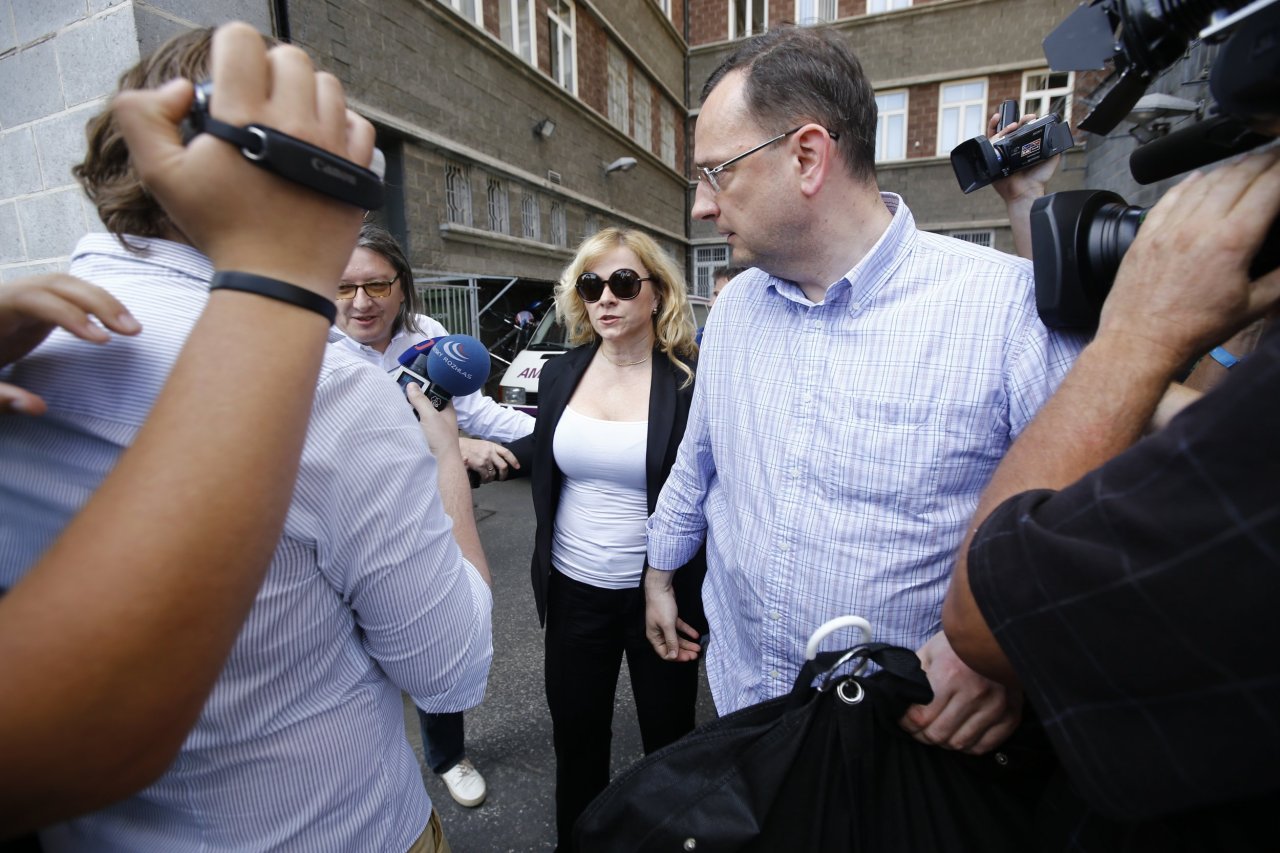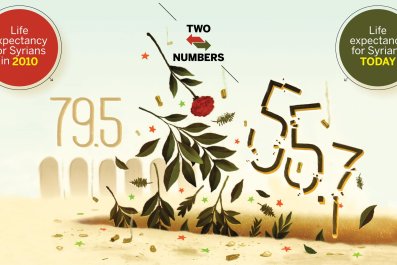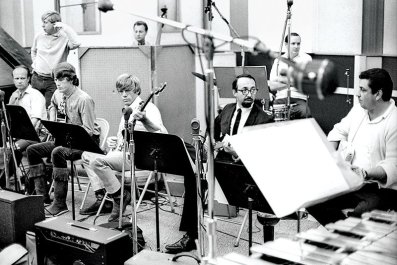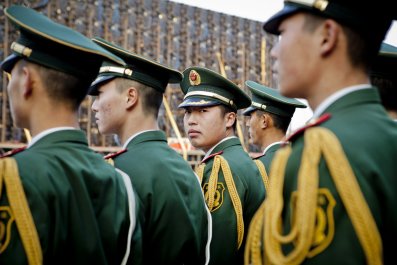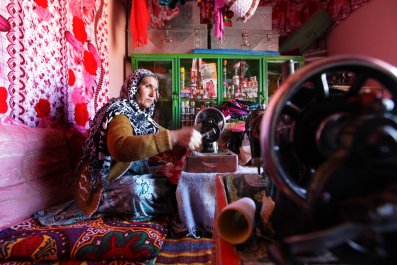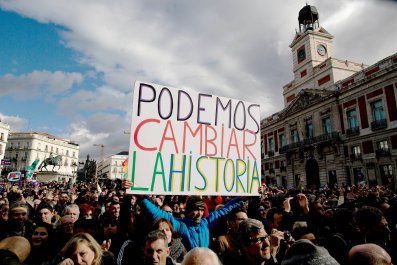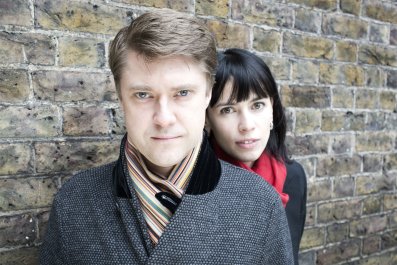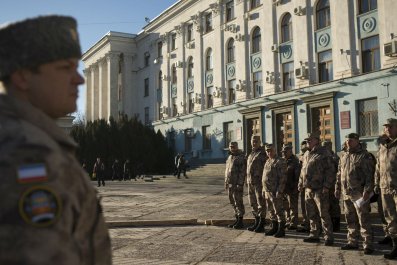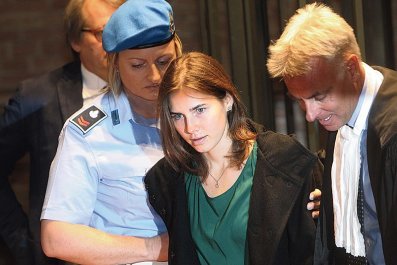The last 18 months in the Czech Republic have resembled a high-octane soap opera with a plot that could easily be dismissed as too fanciful. That's not quite how the European Commission's anti-corruption body (GRECO) put it last month – but it was a withering report all the same, charging the Czech Republic with making "little substantial progress" and deeming its overall level of compliance as "globally unsatisfactory". Even against the backdrop of deteriorating democratic standards in central Europe, the situation in the Czech Republic has set off alarm bells.
Following a 20-year game of castling between the centre-right Civic Democrats (ODS) and Social Democrats (CSSD), the musty status-quo was thrown into disarray in June 2013 following the fall of the government prompted by prime minister Petr Necas's ignominious resignation. He quit over an epic corruption bust that saw government offices raided by flanks of masked special police who confiscated piles of Czech currency and gold bars suspected of use in bribes. Necas's aide (and mistress, now wife) was also implicated in a conspiracy to use military intelligence to spy on his then wife.
After briefly trying to weather the storm, Necas announced his resignation, remarking with understatement: "I am fully aware of how the twists and turns in my personal life are burdening the Czech political scene."
This was seen as the last of many final straws. In May 2012, former health minister and governor for the region of Central Bohemia, Dr David Rath, fell spectacularly from grace after being caught by police leaving the home of a hospital director's house carrying a wine box containing seven million Czech crowns ($288,000) and further cash was found under the floorboards. The first Czech MP to be jailed since 1998, he protested his innocence from prison, lamenting the country's loss of liberty and comparing his plight to that of then-jailed Ukrainian opposition leader, Yulia Tymoshenko. Rath is suspected of manipulating public procurement tenders, misappropriating EU funds and taking bribes in relation to the purchase of hospital equipment. His trial is ongoing.
At that stage, Czechs were still reeling from the leaks of wiretapped phone calls between Pavel Bem, the former mayor of Prague and a notorious "lobbyist" named Roman Janousek, (or, to use his media sobriquet, "Voldemort") seeming to show that the latter had an altogether unhealthy influence in decisions concerning almost every facet of the city's $2.5bn budget, from the sale of major assets right down to pavement repairs.
Days after the leaks were made public, Janousek was brought to justice not over corruption charges, but for fleeing the scene of the crime after he drunkenly ran over a Vietnamese woman in his Porsche jeep. His staggering through nearby woods in a doomed attempt to evade police was captured by TV cameras, and watched by an increasingly wide-eyed nation.
Since the fall of Communism, the Czech Republic has become a member of both the EU and Nato. It is also a desirable tourist destination. Outside the capital, pockets of grinding rural poverty exist and a discriminated Roma minority remains mired in an even deeper circle of destitution. Corruption has hijacked the country to such a degree that an enterprise has sprung up in Prague offering pseudo-safari tours of the sites of crooked procurement deals and oligarchs' ostentatious hilltop villas.
In 2014, Transparency International graded the country 53rd out of 175 on the Corruption Perception Index, between Malaysia and Bahrain. Executive director of its Czech division David Ondracka says: "The country is reasonably small, so the level of patronage is extreme and you cannot avoid potential conflict of interests. This goes down to the local level, if you want to be nominated a local school director, you have to be, if not a member, then on good terms with the relevant party."
It was, therefore, understandable that the subsequent snap elections of 2013 were a victory of anti-politics, proving that a beleaguered nation that believes in nothing will believe in anything. Chanting the mantra of anti-corruption, the nebulous and populist ANO ("Yes") party, headed by the billionaire industrialist Andrej Babis, emerged as the big winner. Babis now serves as finance minister.
The renewed focus on tackling graft and sleaze did not only emanate from weather-vane politicking, but rather an unprecedented pooling of resources by civil society and a novel technique of holding politicians' feet to the flames. Rekonstrukce statu (Reconstructing the state) is a coalition of 18 NGOs who compiled a list of nine laws they deemed essential for the government to pass. Reforms of political financing, depoliticisation of the civil service and the online registry of public contracts were all demanded in an uncompromisingly aggressive way for a country still coping with a Communist legacy of not challenging authority.
By approaching every single candidate seeking office and asking public endorsement for the proposals, it immediately cast doubt on the ones that didn't. Who would be anti-reform? The unforgiving denunciation of non-compliant politicians, led some to accuse the campaign of blackmail and has won them many truculent enemies in parliament. Nevertheless they have enabled two laws to pass; one extending the powers of the Supreme Audit Authority, and one outlawing the holding of anonymous share certificates – previously the Czech Republic was the only country in the world to have a completely unregulated system of company ownership, alongside the Micronesian territories of Nauru and the Marshall Islands. Architect of Rekonstrukce statu, Pavel France is unapologetic: "For this type of project there are many risks, you have to push, but most NGOs just want to have good relationships with people in power."
Finance minister Babis started making money at the age of nine collecting tennis balls and hasn't stopped increasing his wealth since. As the second richest man in the country (estimated net worth $2.5bn), owner of the agricultural conglomerate Agrofert and owner of newspapers, he laughs loudly at the "biggest danger to democracy" label that his critics ascribe, repeatedly assuring Newsweek that he is "not Berlusconi".
The recent corruption scandals did not surprise him: "It's a matrix: the police were involved, the mafia, the judiciary, the state prosecutor was in the mafia . . . but now the gold rush is over. We don't have any godfather who is managing ANO movement from behind because I'm paying everything from my own pocket; drivers, bodyguards, trips, everything. I am quite a rich person so no one can corrupt me."



